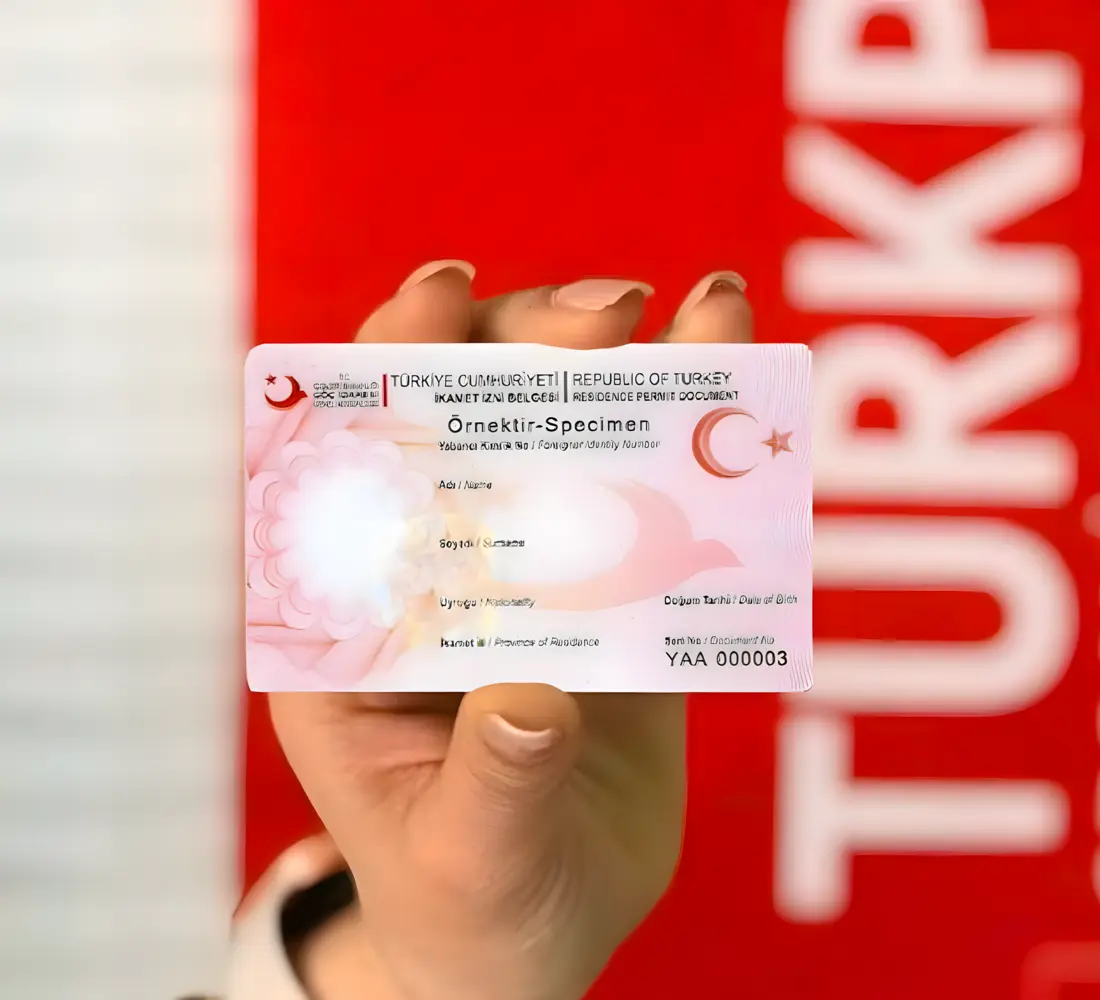The process of obtaining the title deed, or property deed, is one of the essential steps for anyone intending to purchase real estate in Turkey. The title deed is not just a legal document; it is a document that proves ownership of the property and grants the owner extensive legal rights. In this article, we will highlight the different types of title deeds, the criteria for obtaining them, as well as the potential benefits of these transactions.
What is the title deed (property deed) in Turkey ?
The title deed is the official document that proves ownership of real estate in Turkey. This document is issued by the Directorate of Land Registry under the Ministry of Environment and Urbanization in Turkey. The title deed includes detailed information about the property, including its name, location, area, as well as the owner's name and photo. The title deed is the only legal means of proving ownership of the property, allowing the owner the right to manage the property, whether through renting, selling, or investing.
What are the benefits of the title deed (Tabu) ?
The benefits of the title deed are numerous, as it guarantees the owner's legal rights to the property and enhances their financial stability. Once this document is granted by the Directorate of Land Registry to an individual, it officially confirms their possession of the property, allowing them to benefit from it in various ways, such as renting it out for monthly income or selling it with the opportunity to achieve additional profits. Furthermore, if a foreigner owns the title deed, they will be entitled to the privileges granted by the Turkish government based on the property's value, whether it is benefiting from the real estate residence law or obtaining Turkish citizenship through real estate investment. Title deed transactions represent a vital element in the Turkish real estate market, as they help to enhance trust between buyers and sellers.
Types of Title Deeds (Property Deeds) in Turkey
There are several types of title deeds in Turkey, each with its unique characteristics. They can be classified as follows:
- Red Title Deed (Property Deed) The red title deed is named after the color of the property deed paper, which is red. This type of deed is designated for residential properties, including apartments, villas, buildings, and commercial shops. The red title deed represents ownership rights and the legal guarantees associated with properties, contributing to securing the rights of owners and investors in this sector.
- Participation Deed This type of deed is based on a participation system among a group of owners for a single property, also known as transitional ownership. This model allows each owner to have ownership rights for a specified period of the year, where each individual can benefit from the property for no less than seven days. This system is commonly used in properties designated for vacation purposes, where the owner enjoys all ownership rights, including selling, renting, and transferring their rights to other parties.
- Easement Deed
This is a type of title deed and is considered a fundamental tool in organizing property ownership, where each section of the property is registered independently. It begins with planning a construction project on a designated piece of land, followed by obtaining construction approval, and then dividing the project into independent parts such as ownership of apartments. Official deeds are issued for each section, detailing its location and information, indicating the type of property, whether it is residential or agricultural, before the construction is completed. After the project is finished and housing approval is obtained, official title deeds are issued to confirm the rights of the owners, who also receive an easement deed that includes detailed information about the building. - Full Ownership Deed
This deed is commonly known in Turkey as (Kat Mülkiyeti), and it is an official document that proves ownership of properties after their construction is completed, specifying the independent sections within the building. These deeds grant the right to use each section separately, with each section receiving a specific ownership deed that confirms the rights of its owner. These deeds differ in content from agricultural land deeds and land designated for construction, as they include details such as the apartment or section number and its location, in addition to its share of the land on which the building is constructed. - Blue Title Deed (Agricultural)
The blue title deed is for agricultural ownership and represents ownership of land used for agricultural activities. The use of this land is organized according to specific standards related to agricultural practices and is divided into two categories: - Deeds for Buildable Land
This type of deed is designated for agricultural land that combines the characteristics of both construction and agriculture, where the title is granted for land designated for construction or investment according to the city's zoning plans. This land is known in Turkish as "Arsa," and its owner has the right to build a property on it after obtaining special permission from the relevant municipality. - Agricultural Land Ownership Deed
This deed proves ownership of agricultural properties and may include additional details about the types of crops that can be grown on that land. Field lands, also known for their very large areas, provide multiple investment opportunities in agriculture in Turkey. These lands are referred to in Turkish as "Tarla," and construction is allowed on them at a rate ranging from 5% to 20% of the total area. These lands give their owners the opportunity to invest through livestock farming and poultry production, enhancing the economic feasibility of their projects. When classified as field land, it becomes possible to establish all types of agricultural projects on it, including farming and tillage. To avoid any legal issues, investors must check with the local municipality to verify the classification of the land as agricultural, as it may be registered as such in the deeds, but in reality, it may be subject to construction zoning plans. Therefore, ensuring this matter is a crucial step before making any investment decision.
How is the title deed extracted ?
The process of extracting the title deed requires several steps and must be carried out by a specialized authority. The process includes the following:
- Choosing a specialized authority for assistance : It is often advisable to consult a lawyer or a real estate advisor with experience in the Turkish market.
- Visiting the title deed office : The concerned individual goes to the land registry office.
- Gathering the required documents : The process requires providing a set of documents, such as personal identification, ownership documents, and sales contracts.
- Submitting the application : After gathering the required documents, the application along with the documents is submitted to the relevant authority.
- Paying the fees : Extracting the title deed requires the payment of specific fees, which vary according to the type of property.
Required documents for extracting the title deed
The required documents for extracting the title deed include the following :
- A copy of the identity card or passport.
- Proof of financial capability, such as a bank statement.
- Previous ownership documents, if available.
- The sales or purchase contract between the concerned parties.
- Photos of the property in question.
Title deed fees in Turkey
The Turkish government imposes specific expenses on the title deed, which require those wishing to purchase property in Turkey to pay. The fees associated with extracting the title deed include registration costs and required taxes. The fees vary based on the type of property and its market value. Ownership of the property cannot be transferred in the title deed records from the seller to the buyer without paying these expenses. Title deed expenses are calculated at a rate of 4% of the selling price of the property and are distributed among the involved parties. These fees must be paid in full before completing the ownership transfer process.
Conclusion
The title deed in Turkey represents one of the fundamental factors that guarantee the rights of owners and enhance trust in the real estate market. Understanding the different types of title deeds and the procedures for obtaining them is essential for anyone considering purchasing property in Turkey. These procedures contribute to creating a clear legal environment that serves the interests of all, making investment in Turkish real estate a rewarding and secure experience.






